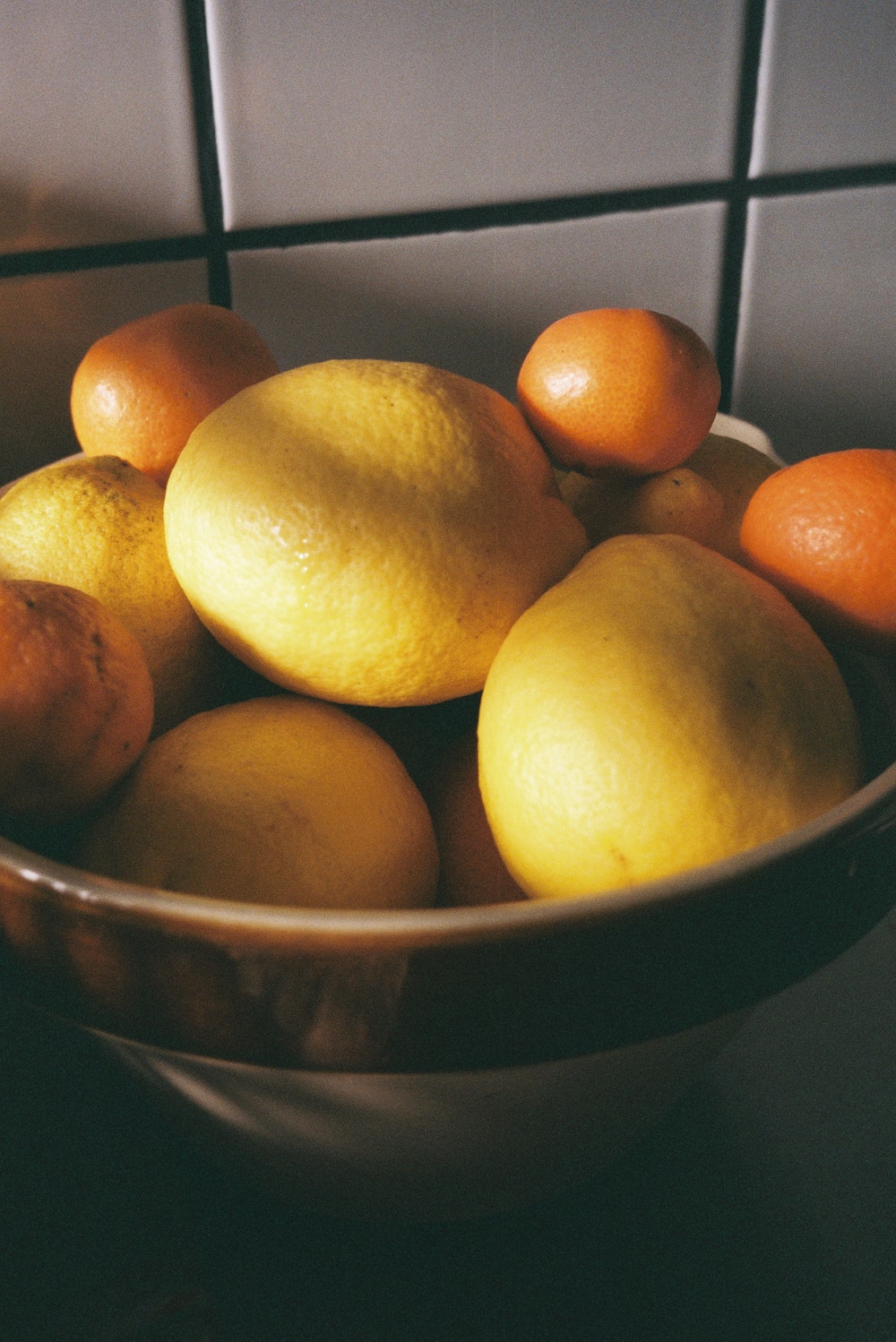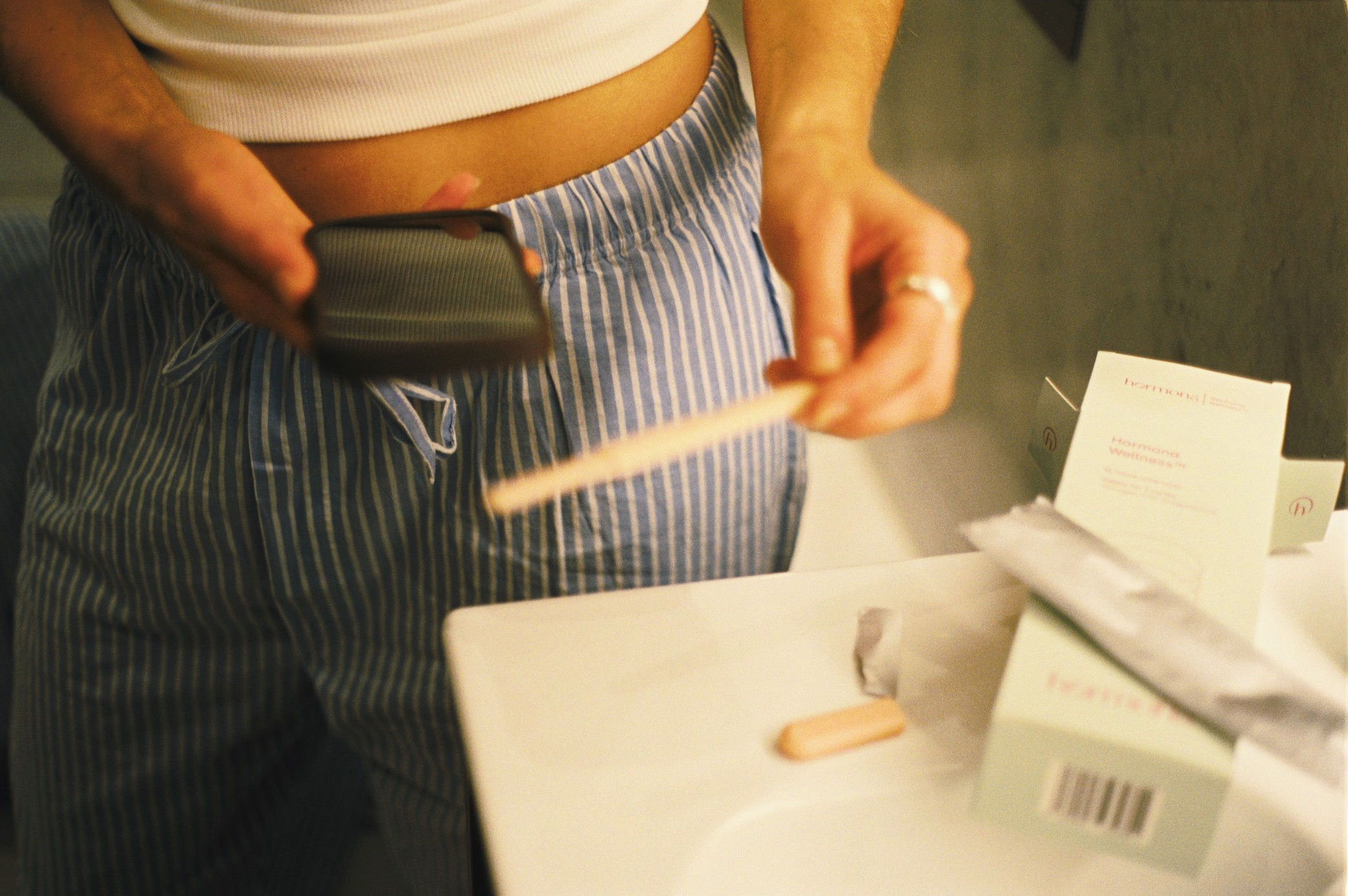
There are some things we do on autopilot. We go through the motions without giving much thought to what we’re doing or why; washing our hair is one of those things. Aside from choosing what products we put in it we often give little thought to how we wash it and why this is important. And why would we, right?
You might think it’s simply a case of lathering in shampoo, applying some conditioner and giving it a good rinse and while that might cover the basics there is so much more to hair washing than we think. From the right way to wash it to things we should avoid here are five things you need to know when it comes to keeping your locks squeaky clean.
Let’s tackle the big one first; is there a right way to wash our hair and are we doing it wrong? Although it might seem like a simple task there are some things we’re all doing wrong when it comes to hair washing. Try following these steps for the ultimate salon style wash:
Now you know the things to do what about the things to avoid?
Most shampoos contain sodium lauryl sulfate which works to trap dirt and oil from the hair which is then rinsed away. It is also what creates foam and lather in shampoos, soaps and body washes. Although sodium lauryl sulfate is safe to use it can be very drying on both your skin and your hair. When washing hair make sure you keep your head tilted upwards and away from the direction of the water; this will help stop shampoo coming into contact with the delicate skin on your face.
Ideally try to avoid products that contain sodium lauryl sulfate, especially If you suffer from dry hair. Most shampoos that come in bar form are free from sodium lauryl sulfate and will still clean your locks without drying them out. Dr Organic (from Holland and Barrett), The Body Shop and Lush all stock sodium lauryl sulfate free shampoos.
Another big mistake is using the wrong shampoos and conditioners for your hair type. How many times have you picked up a shampoo because it’s got fancy packaging? Or chosen a conditioner purely because it smells nice?
Using the wrong products can damage your hair; it’s important you know your hair type and then buy products in relation to this. If you dye your hair, choose products that are specifically formulated for coloured hair. If you suffer from dandruff then opt for a shampoo that will help treat this. It can be difficult to understand your hair type; is it dry, normal, oily, or a mixture of two? If you’re not sure then be sure to ask your hairdresser; they’ll be able to advise you of your hair type and recommend the best products to use.
When we wash our hair we should also pay attention to washing our scalp. Having a clean scalp will help encourage strong, healthy hair growth. Similar to how we exfoliate the skin on our face to remove dead skin cells we should do the same to our scalp. Invest in a good scalp scrub or scrub shampoo to clear away any impurities and debris from the follicle and keep your hair and scalp happy. Nioxin, Soap & Glory, Kèrastase and Philip Kingsley all have great exfoliators that really clean the scalp and create a healthy environment for hair growth.
When it comes to hair washing there are certain myths we grow up repeating as gospel; your hair will eventually self clean itself if you stop washing it, your hair will get used to a shampoo and stop working if you use it all the time, and washing your hair everyday is bad for you. But is there any truth in these myths?
Truth: Your hair is self sufficient and certainly can clean itself. However, for many of us stopping regularly washing our hair will lead to a build up of impurities that will clog the hair follicles and result in weak and damaged hair. If stopping washing your hair is something you really want to do, go ahead, but be prepared the road to clean hair will be a long and greasy one without much reward!
Truth: If your hair is in good condition you should be able to use the same shampoo without your hair ‘getting used to it’. If you feel like your regular shampoo isn’t doing the job anymore the chances are it’s more to do with the quality of your hair rather than the shampoo you’re using. It might be that your hair has become dry or damaged and requires a more nourishing washing routine.
Truth: The truth is washing your hair everyday isn’t a bad thing, but washing it everyday with the wrong products is. Most experts agree that you should wash your hair when it begins to feel dirty and greasy; this will vary from person to person and the environment you’re in. If you live or work in a city where there’s lots of pollutants or you do a lot of exercise or swimming then you might need to wash it more frequently. Your hair type also plays a part in how often you wash your hair; for example fine, thin hair will need more washing than thick, coarse hair.
For many people washing their hair can be a chore; it takes too much time, uses too many products or they can’t find a sulfate free shampoo they like. Enter co washing! Co washing is washing your hair with conditioner only. It’s a great way to keep hair moisturised and allows your hair’s natural oils to cleanse and nourish your scalp. It’s not for everyone (those with fine or naturally oily hair should avoid it as it will only weigh the hair down) but it can work wonders for those with thick, curly/wavy or coloured hair.
To co wash your hair replace your regular shampoo with a cleansing conditioner specifically designed for co washing. There are some great options on the market and some of the big brands like Palmer’s, Olaplex, Bumble and Bumble and Aveda all have great cleansing conditioners.
Thoroughly wet your hair and apply the conditioner; use more than you would shampoo and make sure you gently massage this into both the scalp and the ends of your hair. Once rinsed out follow up with a normal amount of your favourite conditioner and dry as normal.
There is some debate whether you should totally replace your shampoo with co washing but most experts seem to agree it’s a great idea to co wash your hair a couple of months out of the year (obviously only if your hair is suitable to do so). If you’re looking to start co washing it’s a good idea to start in the summer months when our hair can become damaged by sun, chlorine and saltwater and needs a little more TLC. Here are a few things to avoid when you start co washing your hair.
Our hair needs are so much greater than wash, rinse and repeat. When we establish a proper hair washing routine, choosing products that best suit its needs and implementing small changes, the results will speak for themselves. Start treating your hair care with as much care as you do your skin and you’ll be amazed at the results and maybe that haircut can wait a little longer!

-


Dr Singh is the Medical Director of the Indiana Sleep Center. His research and clinical practice focuses on the myriad of sleep.

The benefits of a hormone-balancing diet While being on a diet to regulate hormones may not sound like fun at first, once you begin seeing the benefits, you’ll wonder why you waited so long to start. As women, our bodies

What is an LH surge? If you’re tracking your hormones, you’ve probably noticed a drastic increase in your LH levels around the middle of the month, near the time you ovulate. It may make you wonder,” Why is my LH

When do you ovulate after giving birth? The postpartum whirlwind can make life extra hectic, and it’s easy to lose track of where you are in your menstrual cycle. Just like every woman is unique, so is the healing period
Hormona© 2024, All Rights Reserved
| Cookie | Duration | Description |
|---|---|---|
| cookielawinfo-checkbox-analytics | 11 months | This cookie is set by GDPR Cookie Consent plugin. The cookie is used to store the user consent for the cookies in the category "Analytics". |
| cookielawinfo-checkbox-functional | 11 months | The cookie is set by GDPR cookie consent to record the user consent for the cookies in the category "Functional". |
| cookielawinfo-checkbox-necessary | 11 months | This cookie is set by GDPR Cookie Consent plugin. The cookies is used to store the user consent for the cookies in the category "Necessary". |
| cookielawinfo-checkbox-others | 11 months | This cookie is set by GDPR Cookie Consent plugin. The cookie is used to store the user consent for the cookies in the category "Other. |
| cookielawinfo-checkbox-performance | 11 months | This cookie is set by GDPR Cookie Consent plugin. The cookie is used to store the user consent for the cookies in the category "Performance". |
| viewed_cookie_policy | 11 months | The cookie is set by the GDPR Cookie Consent plugin and is used to store whether or not user has consented to the use of cookies. It does not store any personal data. |
